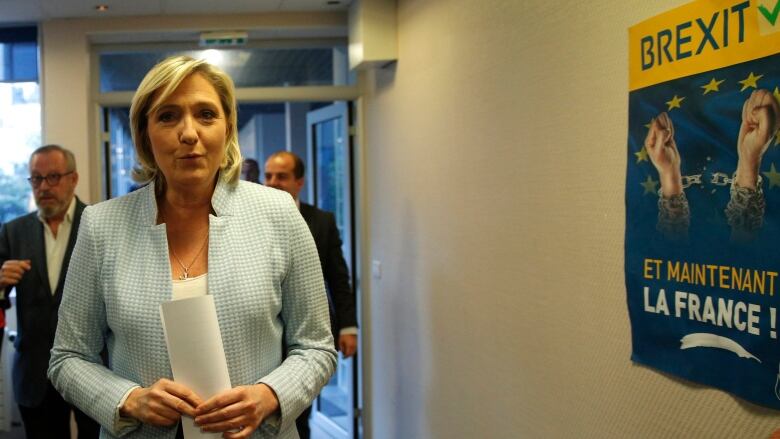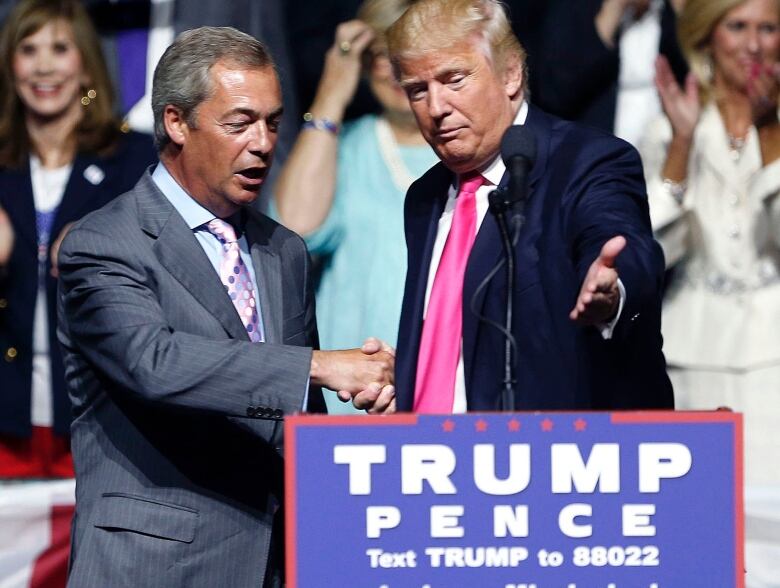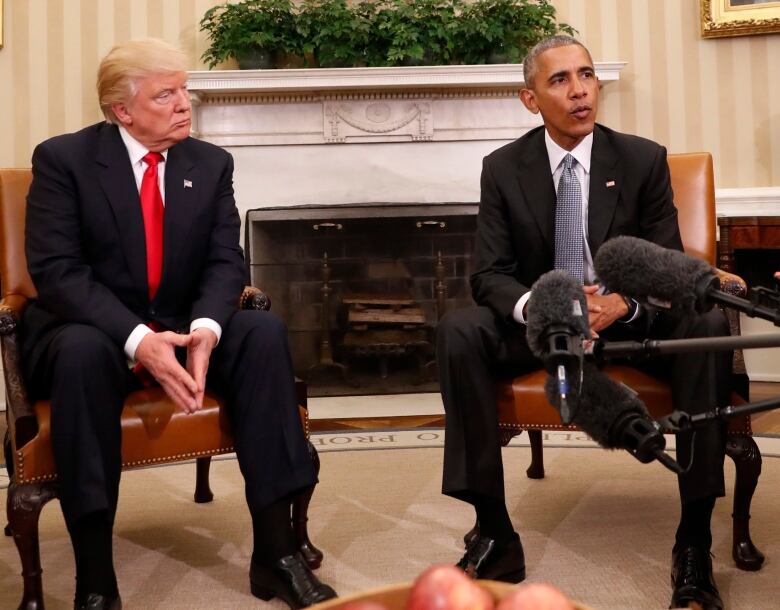Taking aim at the establishment: Why some of Europe's top leaders are walking dead
Millions of voters have a chance soon to clobber the establishment as Trump supporters did

If you were surprised by the outcome of the U.S. presidential election, you might want to brace yourself for the cartwheels of change about to roll across Europe.
Because of an unusual set of circumstances, ahead is an especially vote-heavy year with potentially heavy political casualties. Millions of people are heading to the polls, and many are in an agitated mood.
The lineup of elections and referendums is a wide-open opportunity for mass venting about the many frustrations of the past years: the migration crisis, the economic crisis, the bailouts, and fallout, in a flailing European Union.
Like Nov.8 in the U.S. and June 23 with Brexit the succession of polls is also a chance to clobber the establishment.
Naturally, Europe's anti-establishment protest parties stand to reapthe benefits of the discontent.

By this time next year, the world's most powerful gatherings could look very different. Donald Trump aside, rarely before has the prospect for change in the international arena been so sweeping.
Even before Trump's triumph, Europe's political house looked set for an overhaul. The winds of change were already blowing in France, Germany, Austria,Italy and elsewhere.
Gales in opposition sails
But Trump's winning bluster is now putting gales in the sails of Europe's populists and nationalists riding the anti-establishment mood.
"The French reaction was: absolutely, this is a huge boost to [populist National Front leader] Marine Le Pen," says Xenia Wickett, the head of the U.S. and Americas programat Chatham House, an international affairs think-tank.
"The prospect of a Le Pen government in Paris is very, very real."
Le Pen's is an anti-immigrant, anti-establishment party. She was one of the first nationalist leaders to congratulate Trump, while her father Jean-Marie Le Pen, founder of the party, tweeted, "Today, the United States. Tomorrow, France. Bravo!"

But the votes that will initially set the tone for Europe's coming year are happening far sooner, and on a single day.
On Dec.4, Italy and Austria go to the polls. Neither would normally be on Europe's agenda this late in the year putting them squarely, and perhaps ominously, in the American election's wake.
Austria's contest is a rerun of an earlier, close presidential vote, and it's expected that Norbert Hofer of the Freedom Party will prevail. That would make him the first elected far-right leader in Western Europe since 1945.
Referendum in Italy
Italy's vote is a referendum initially scheduled for the fall. On the table is a package of constitutional reforms that Prime Minister Matteo Renzi has proposed to streamline lawmaking.
But because of growing anger over the migration crisis Italy has become the top destination for asylum seekers as well as over corruptionand dangerously high unemployment, the vote is being seen as a plebiscite on Renzi's performance. So far it looks like he might lose and that might bring down his government.

Also at risk are several other leaders and governments, some of whom have been around for the better part of a decade.
German Chancellor Angela Merkel's popularity and her party have been hurt by the migration crisis and her decision to allow hundreds of thousands of mostly Syrians to enter the country last year.
Her Christian Democratic Union saw support plummet in local elections this year. The beneficiary was again an anti-immigrant party on the rise. The right-wing Alternative for Germany is expected to do well in next year's national election, too.
Trump's 'patriotic spring'
In the Netherlands,GeertWilders' anti-Islam and anti-immigrant Freedom Party stands to build on the back of the disillusionment. He may not form the next government after the March vote, but his party's influence is expected to grow.
He calls Trump's victory the latest episode of a "patriotic spring."
While many of these parties are inspired by Trump's win, it was actually a protest party on this side of the Atlantic that formed the best and perhaps worst model for harnessing the growing malcontent in the West.
The United Kingdom Independence Party, under Nigel Farage, had very little chance of forming a government. But it managed to help force a referendum and motivate the disillusioned to bring Britain to vote to leave the EU and change the face of Europe.
"I'm the catalyst for the downfall of the Blairites, the Clintonites, the Bushites, and all these dreadful people who work hand in glove with Goldman Sachs and everybody else, have made themselves rich, and ruined our countries," he said last week.
It is certainly language that is resonating across this continentand across the pond.













_(720p).jpg)


 OFFICIAL HD MUSIC VIDEO.jpg)
.jpg)



























































































